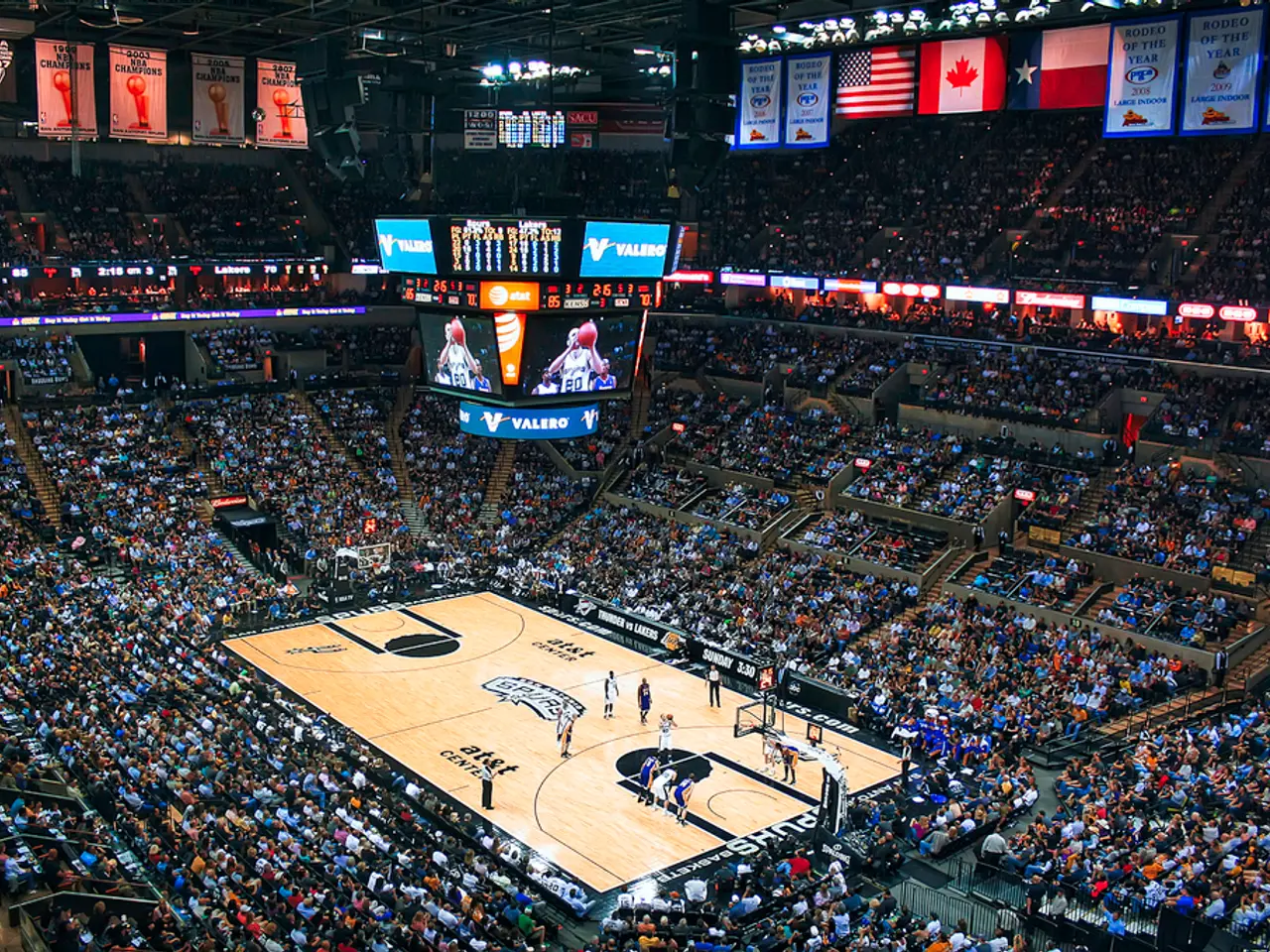Crystal Palace condemns rejection of late appeal against demotion from Europa League
Crystal Palace's dreams of competing in the Europa League have been shattered, following a decision by UEFA and the Court of Arbitration for Sport (CAS). The London-based club was removed from the Europa League 2025/2026 and demoted to the Conference League, the third-tier UEFA competition.
The decision stems from Crystal Palace's co-ownership with John Textor, who also controlled a significant stake in Olympique Lyonnais (OL), another club qualified for the Europa League the same season. UEFA's multi-club ownership (MCO) rules, which prohibit any individual or entity from having control over more than one football club competing in the same UEFA club competition, were breached.
Crystal Palace qualified for the Europa League after a 1-0 upset over Manchester City to win the FA Cup. However, they failed to comply with UEFA's deadline to restructure their ownership stakes, with Textor remaining a major shareholder until late July. As a result, UEFA determined that both Palace and Lyon were in breach of the MCO rules and demoted Crystal Palace to the Conference League, giving priority to Lyon due to their league qualification.
The CAS, in dismissing Crystal Palace's appeal, upheld UEFA's ruling that the MCO regulations were clear and inflexible regarding compliance by the assessment date. Nottingham Forest took Crystal Palace's place in the Europa League.
The implications of this decision are significant. UEFA enforces strict deadlines and compliance rules on multi-club ownership to prevent conflicts in European competitions. Failure to restructure ownership stakes in time can lead to demotion or exclusion from competitions, even after qualification on sporting merit.
Crystal Palace's manager and players earned the right to play in the Europa League, but their hopes were dashed due to the MCO rules. The club believes certain clubs, organizations, and individuals have a unique privilege and power that is unfairly influencing the governance of football.
Despite the setback, Crystal Palace will face either Norwegian club Fredrikstad or Danish side Midtjylland in the Conference League play-off round. The club will compete with the same determination and will to win that characterizes this incredible club.
John Textor, the club's largest shareholder, has since sold his share in Palace to New York Jets co-owner Woody Johnson. Crystal Palace continues to take legal advice on the next steps, citing the denial of all disclosure requests, the refusal to allow witness testimony, and the general lack of formality and respect for law as reasons why decisions cannot be properly challenged.
Former Crystal Palace owner Simon Jordan gave his immediate thoughts on the failed appeal, stating that it was what he expected and that Palace can now go on and win the Conference League. Nottingham Forest, who finished seventh in the Premier League last term, have been elevated to the Europa League.
UEFA president Ceferin has acknowledged the need to consider policy updates in the future due to the expansion of multi-club ownership globally. It remains to be seen how these developments will shape the future of football governance.
- The manager of Crystal Palace and its players, who earned the right to compete in the Europa League, now face the Challenge of the Conference League instead, due to the breach of UEFA's multi-club ownership (MCO) rules.
- John Textor, a significant stakeholder in both Olympique Lyonnais and Crystal Palace, has influenced the sports world by causing the London-based club's demotion from the Europa League to the Conference League.
- In the realm of football and sports governance, the world cup, Premier League, NFL, and other competitions might soon witness policy updates due to the rising trend of multi-club ownership, prompted by the Crystal Palace case.








